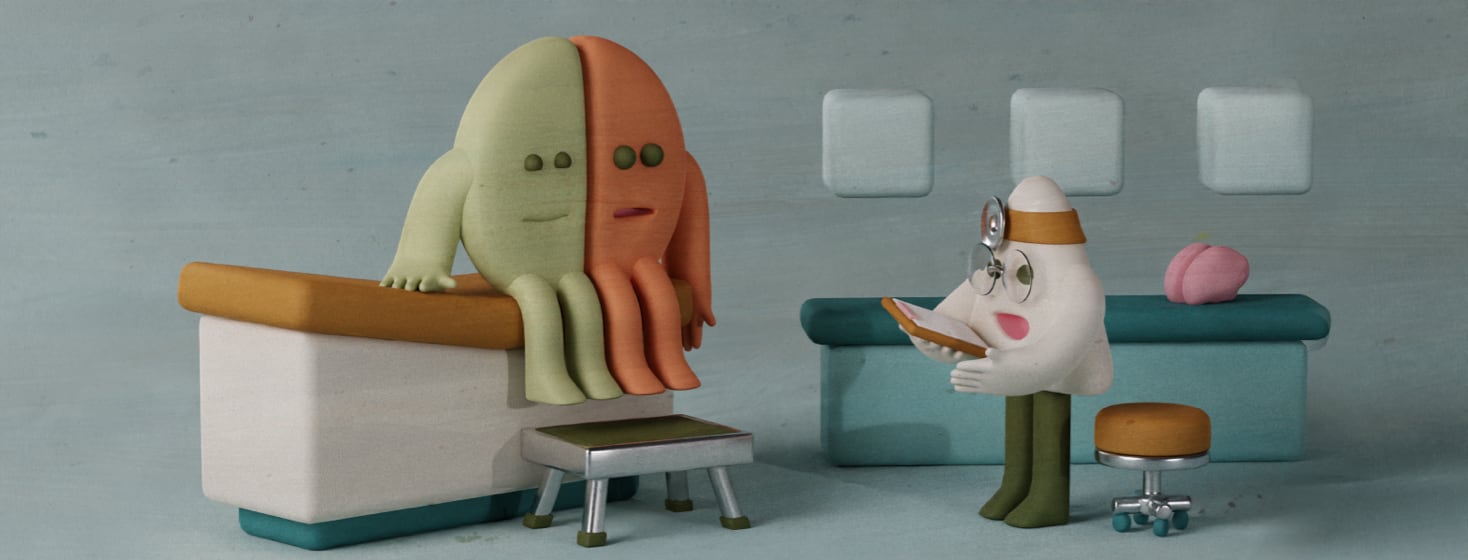Why to Bring a Friend to Your Neurologist Appointments
This is advice I have for every doctor appointment. Specialists are not an exception to this rule. Bring a second person. There are many reasons that a second individual can make a difference in your experience.
Having a support person for epilepsy appointments
Note taking, and a second set of ears
As an individual with epilepsy, I know that there are times that I forgot or didn't even hear the information that my neurologist was telling me. My many follow-up calls or patient-portal questions made this clear. This is one of the reasons I created my "second-person rule."
The second person you bring to your appointment, (this could be a family member or friend) can take notes for you. They are also more likely to retain the doctor's information. Their focus will be on supporting you and taking notes on directions or needed information. This allows your focus to be on understanding the news or options given to you.
It's just like being in college. I focused on one part of the lecture and the professor kept speaking. (The darn guy never spoke in slow motion for me. I can only type about 50 words per minute. Hold your horses.) This meant that sometimes borrowing my classmate's notes ended up being a big help. They more than likely had information that I missed, and potentially, the information we had in common might be presented in a more understandable way.
Emotional support
The information you receive can be truly uplifting at times. "Your medication is working." ... "Your number of seizures are reducing." ... There's lots of exciting feedback you can have during your appointment. Have someone there to share in your successes and celebrate with you.
There could also be times that the news is not positive. "We need to continue to increase your medication." ... "You don't seem to be responding to medication. Let's look into other treatment options."... Having a family member or friend can help you absorb the information.
Pro tip from experiencing both the good and the bad news: I suggest coming up with a plan ahead of time with your support person.
- How do you want to celebrate your success?
- What will you need if you receive unexpected news?
- What can your support person do to help you in the doctor's office beyond taking notes?
- Are there questions that you want to make sure are asked? If so make sure to write them down!
This or That
Would you consider bringing a second person to support you at a doctor appointment?
Safety
If you are meeting with a new doctor or specialist, bring a trusted person. Just like a person you're dating, have a family member or friend can help vet them out with you.
I also bring an additional person to my MRIs, X-rays, or even my EEGs (if the doctor's office does not have cameras in those room). You can always call ahead and ask about cameras. Safety first, my friends.
I have had individuals become uncomfortable with another person in the room. You might experience this too. Just remember, you are the patient. The appointment is about you and your needs. Please put yourself completely first and bring a support person.
Always remember, you are not alone.

Join the conversation